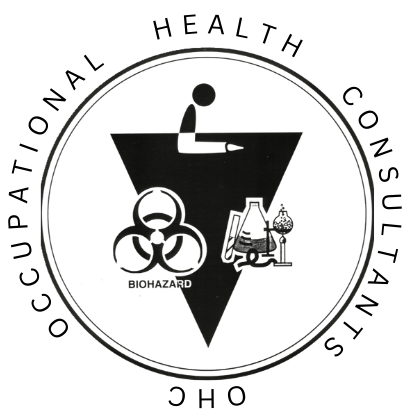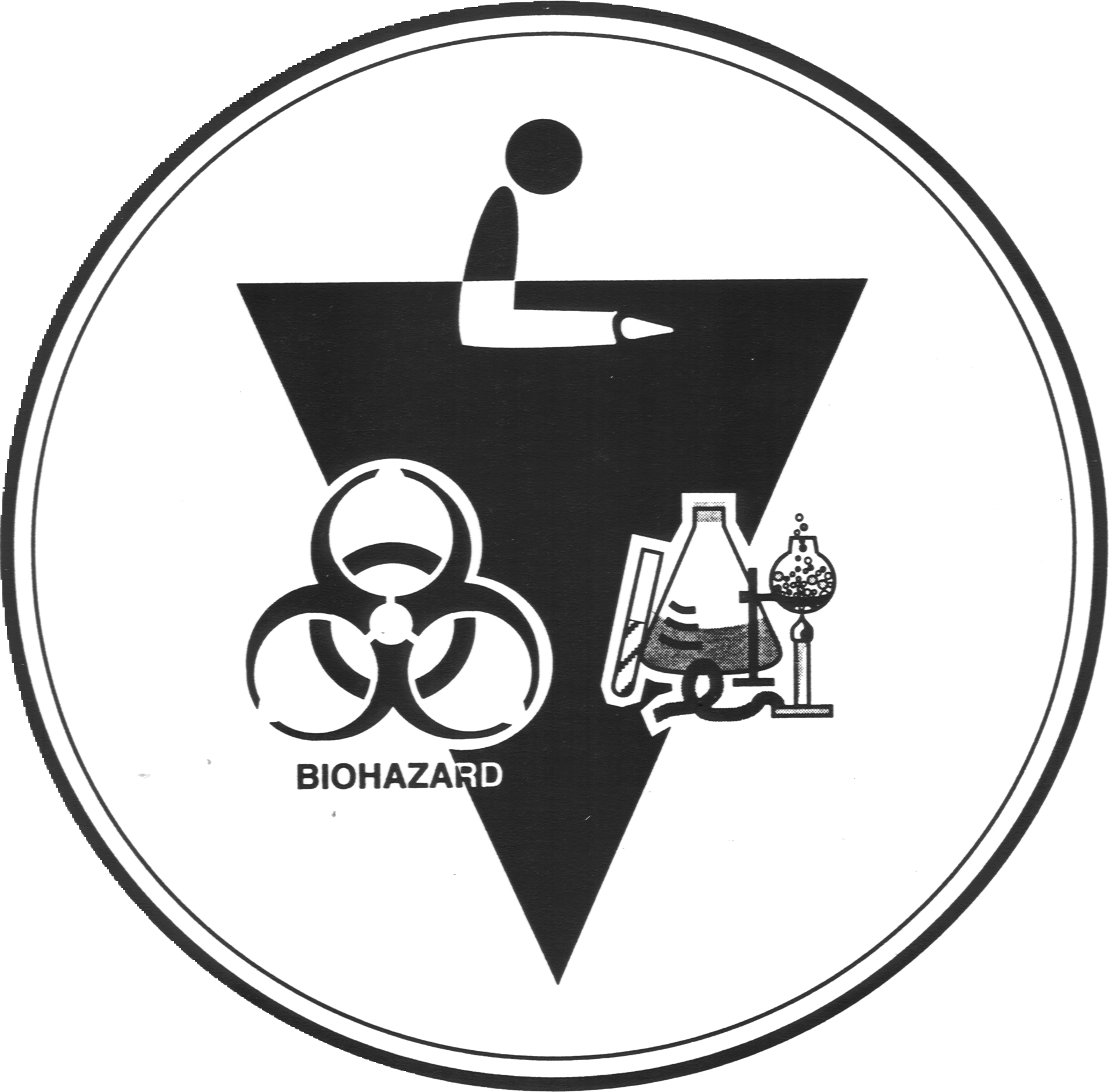Laboratory Tests
Pre-employment and periodic laboratory tests used in medical surveillance of workers involve blood and urine tests that are not specifically related to any concurrent drug testing program. The term phlebotomy may not be one you are used to hearing when blood is required to perform a test. You’ve probably had encounters with phlebotomists in the past and realize that the process of obtaining a blood sample involves sticking a small needle into a superficial vein in your arm.
A phlebotomist is trained in obtaining blood samples. They collect blood for tests or from blood donors. While most blood is taken from a vein in your arm, phlebotomists can also get blood from your capillaries, too. When blood is taken from a capillary, it’s usually a very small amount from your finger and used when emergency test results are needed.
Occupational Health Consultants has their own highly-trained, in-clinic phlebotomists who can function both in the clinic and on-site at our client’s business location. They are expertly trained to make your blood draw as pain-free as possible. Our clinic is clean, comfortable, and our staff is easy to talk to; they will explain the blood draw process, guide you through your blood draw if you’re nervous, and assist you if you have an adverse reaction to a blood draw.
Routine pre-employment and periodic blood tests include a complete blood count (CBC), comprehensive metabolic panel (CMP) which include liver and kidney function tests, lipid panels, blood enzyme tests. These tests provide information on a variety of systems in the body that may be adversely affected by certain workplace hazards. Occupational Safety and Health Administration (OSHA) actually requires Employers to periodically monitor employees of hazardous workplaces in order to prevent any job-related illness. In addition, there are a number of serological blood tests required to determine the employee’s immune status prior to working around certain vaccine-preventable diseases (e.g. hepatitis B, hepatitis A, chickenpox, measles, mumps and rubella, rabies), Other serological tests for HIV, Hepatitis C, Toxoplasmosis, etc. are used following accidental exposure in the work place. Finally, Companies often include a lipid panel in the laboratory tests as part of a “Wellness Program” for their employees.
If you want to know whether your Company must comply with any OSHA-directed laboratory testing of your employees, please call Occupational Health Consultants at 301-738-6420. Our board-certified occupational medicine specialist is up-to-date with all the latest occupational health regulations.


